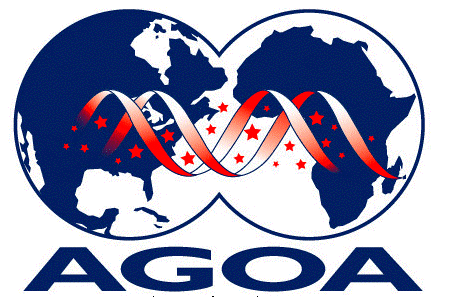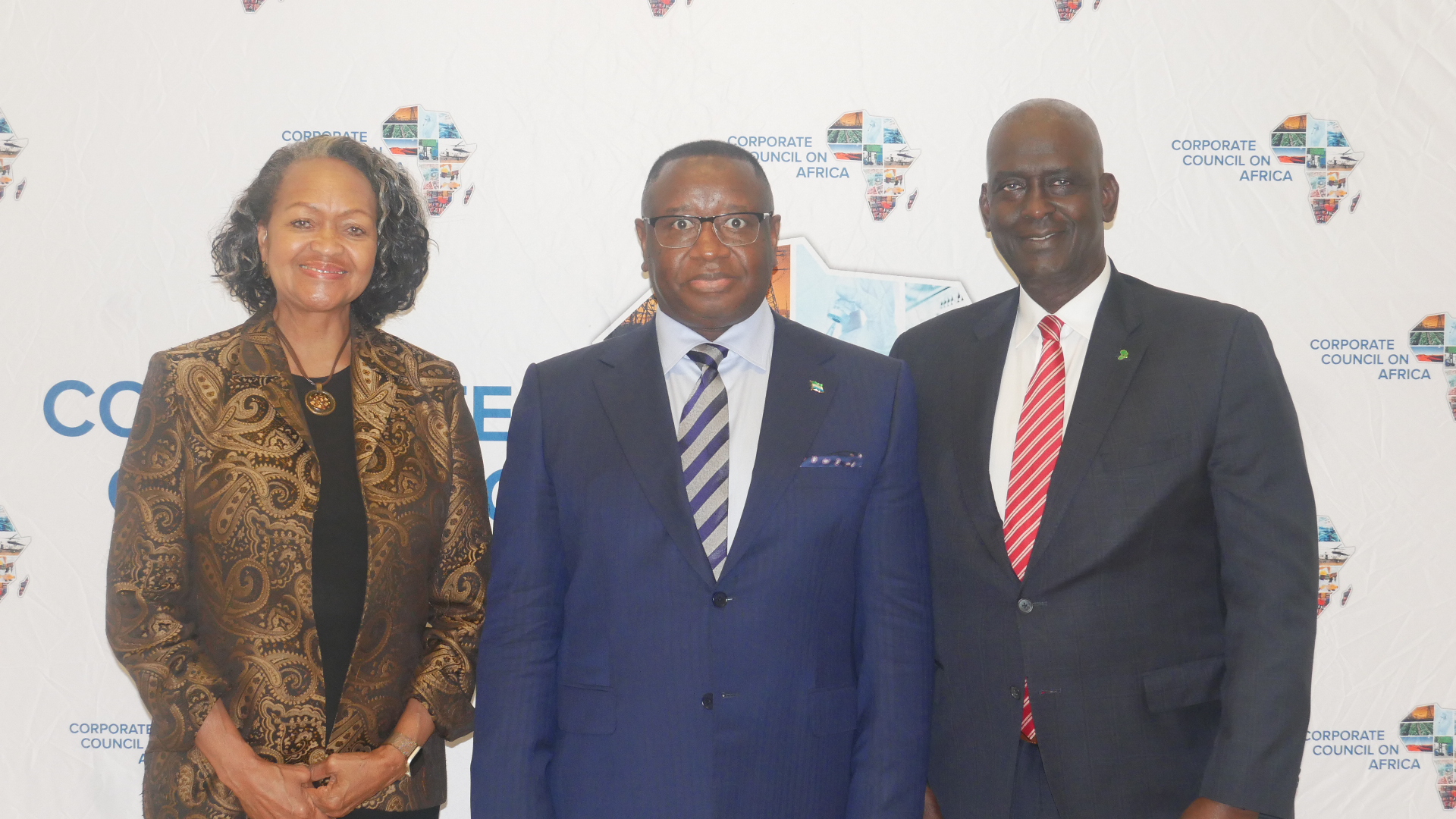Africa’s 2018 Economic Outlook
On Wednesday, February 21st, 2018, Corporate Council on Africa held a working group with guest speaker, Abebe Aemro Selassie, Director of the African Department at the International Monetary Fund (IMF) discussing Africa’s 2018 Economic outlook. He introduced his comments by stating that Africa experienced high economic growth in the 2000’s. However, since 2015, there has been a sharp slowdown in growth driven by the decline in commodity prices and the deceleration of output in sub-Saharan Africa, especially for oil exporting countries.On the other hand, he highlighted how non-commodity exporting countries have improved their economic performance; countries like Senegal have experienced 5%-6% growth. He mentioned that to increase growth, countries must diversify their economies and not be solely dependent on a single sector.Regarding the foreign exchange market, Mr. Selassie sees a trend toward a slower foreign exchange liberalization throughout the continent. Additionally, he anticipates that high public debt will continue to be a key issue on the continent. He acknowledged the role public debt can play in jump starting economic growth. However, he stressed the need for governments to increase their tax bases and diversify their revenue sources.Looking at the continent’s 2018 economic outlook, Mr. Selassie is expecting a growth of around 3.75 % in 2018 - a one percent increase from to 2.7% in 2017. Mr. Selassie mentioned that countries are finally grappling with self-induced macro shocks and are trying to stabilize macroeconomic growth. With that said, he expressed caution regarding painting a generalized picture of growth on the continent, as the situation in some countries does not represent the experience on the entire continent.Finally, according to Mr. Selassie, by 2030, half of the labor force increase will be in sub-Saharan Africa, which if integrated in the global supply chain will generate economic growth. He further predicts that this scenario will result in increased demand for goods and services, savings, and improved standard of living.



